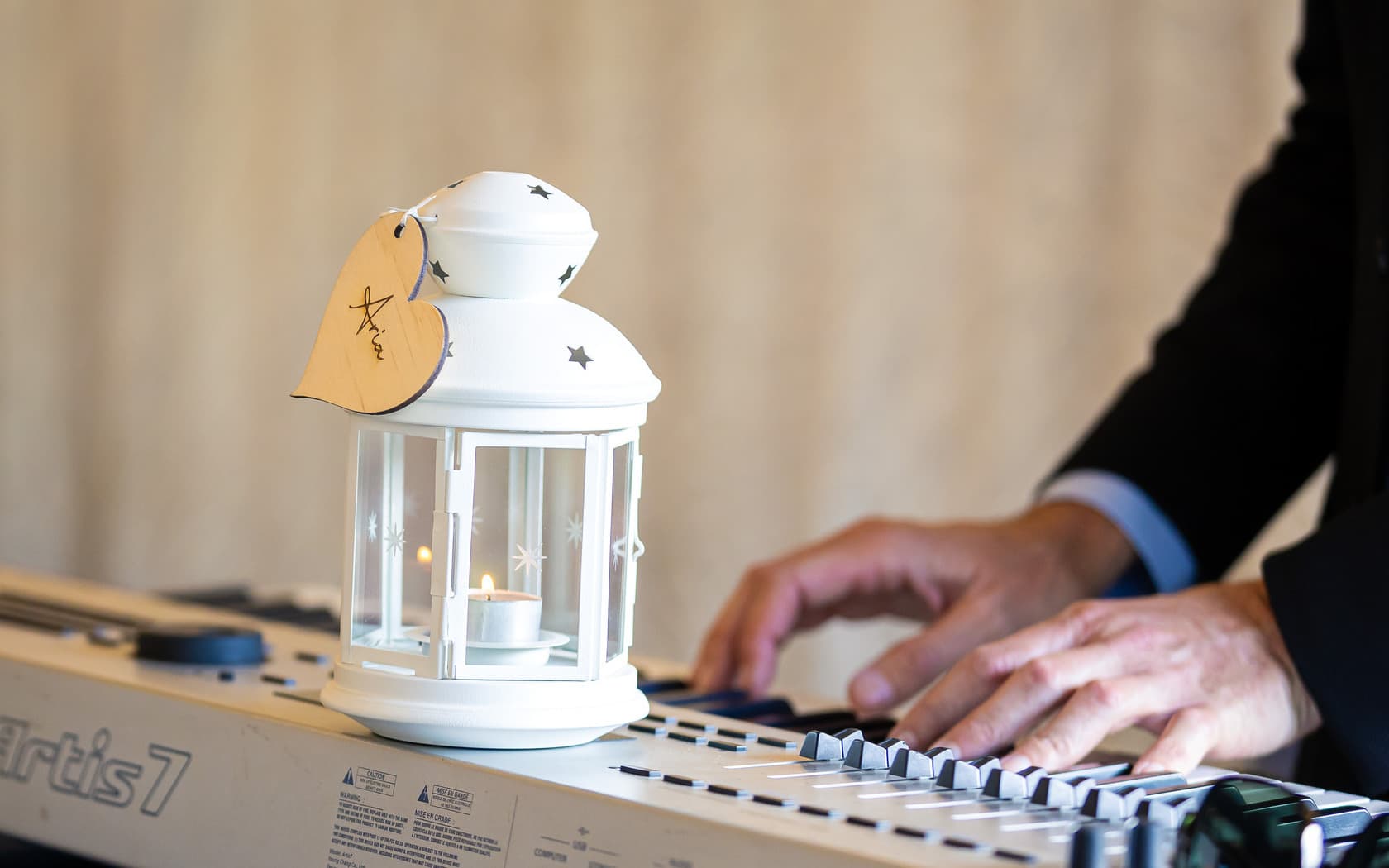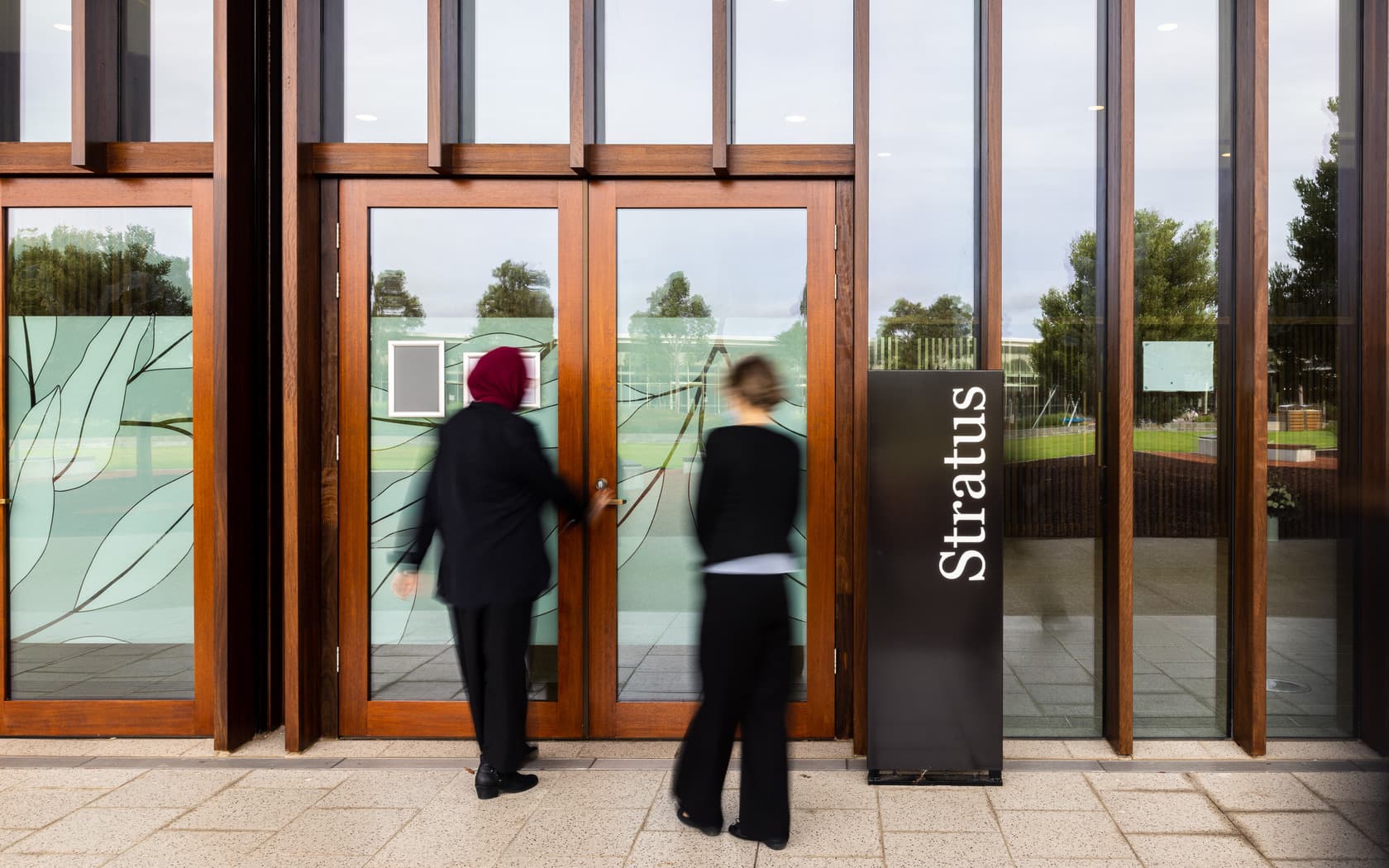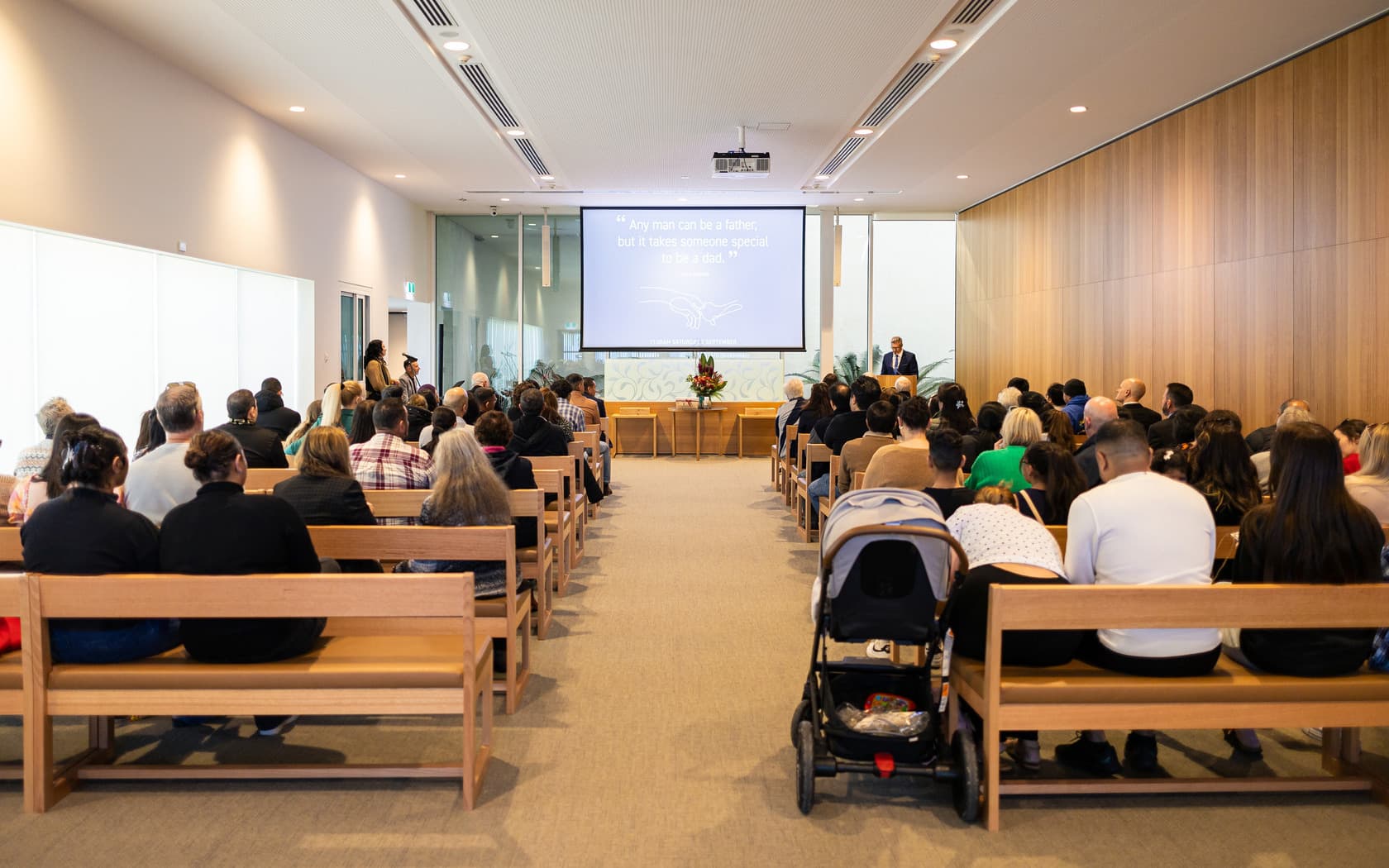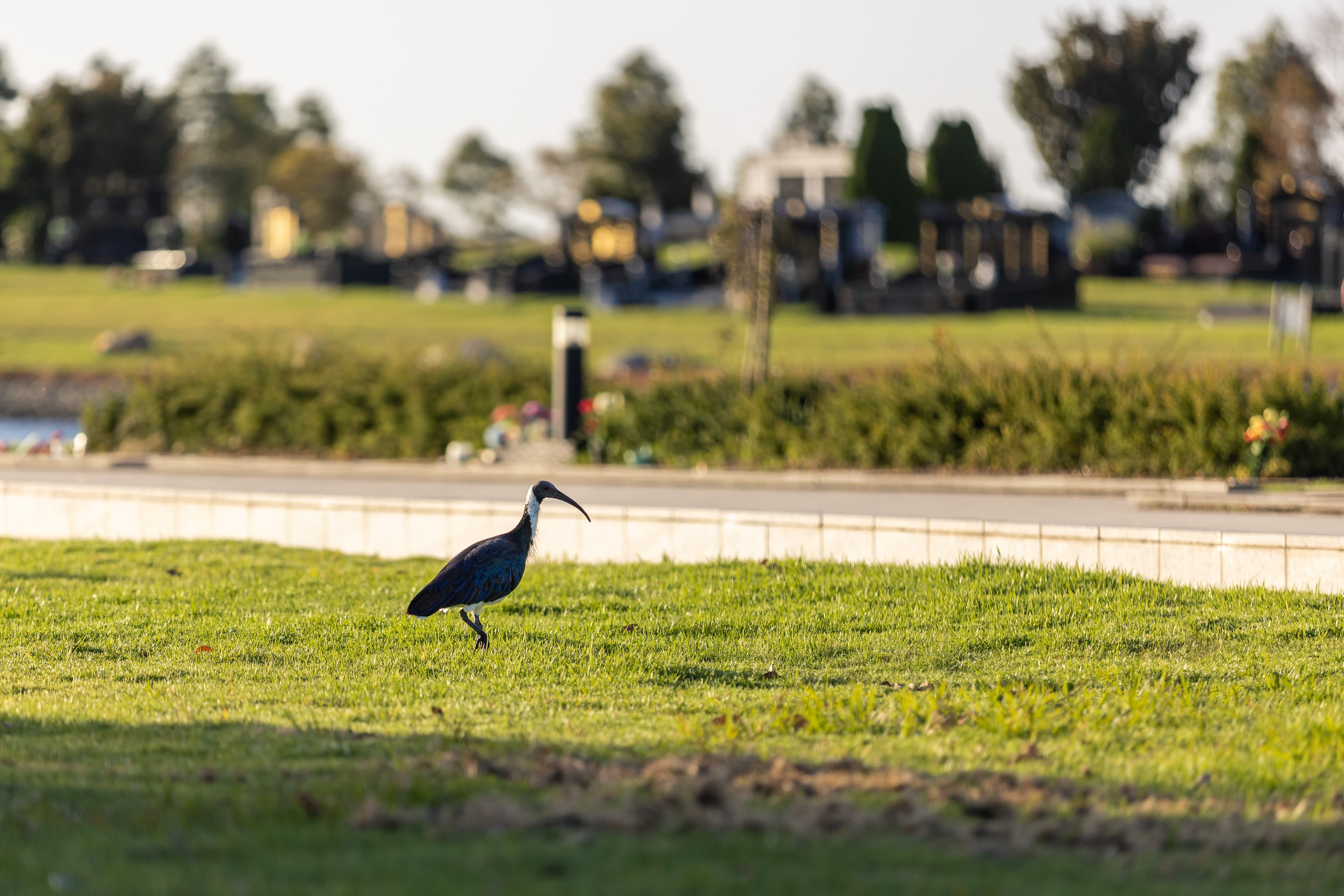Funeral planning resources and guides
Navigating the topic of death and dying can be challenging. Whether you’re planning ahead or coping with the recent loss of a loved one, having some guidance can be invaluable. Here are some resources to help you begin this journey.

Helping yourself during difficult times
If you are grieving, you may not be putting your needs first. However, taking the time to look after yourself can make a big difference to your wellbeing. The following suggestions may help you to get through some difficult times:
Helping yourself during difficult times
- Try to delay major decisions that cannot be reversed for 6–12 months, e.g. disposing of belongings
- Keep a diary or journal
- Create a memorial
- Develop your own rituals, e.g. light a candle, listen to special music, make a special place to think
- Allow yourself to express your thoughts and feelings privately, e.g. write a letter or a poem, draw or collect photos
- Exercise to use pent-up energy, e.g. walking, swimming, cycling, gardening
- Draw on your religious or spiritual beliefs and practices
- Explore other people’s experiences through books, movies and articles
- Do things you find relaxing and soothing, such as drawing, writing or listening to music
- Try self-care, including meditation, relaxation and massage
- To help with sleeplessness, exercise, limit alcohol and caffeine and try to maintain a routine, especially around bedtime
Different resources

Grief support and programs in Melbourne
Find compassionate grief support and resources through our program. Explore dedicated activities, tools, and online help for your journey.

Blog
Explore compassionate blogs on grief support and funeral planning. Find guidance, comfort, and practical advice during difficult times.

News
Stay updated with news and announcements across our cemeteries. Alerts are also available on individual location pages.
Popular articles
Funeral Planning

What to do when someone dies
We have a highly experienced and compassionate team available to help guide you step-by-step through available options with transparency and respect.

How to find the right funeral director for you
Planning for a loved one’s funeral can seem like a daunting task – but the right funeral director can make the process much simpler.

Hosting a funeral wake
A funeral wake is a meaningful gathering held after a funeral or memorial service, where family and friends come together to reflect, share stories, and celebrate the life of someone special.

Burial vs cremation: How to choose the right option
Burial or cremation is an important choice. Find clear, trustworthy information and compassionate support to guide your decision.
5 Things for End-of-Life Planning
- 17 July 2023
End-of-life planning involves making decisions about the type of medical treatment you would like to receive if you become seriously ill or incapacitated and unable to make your own decisions.
- Planning
Compare cemetery and memorial pricing
Costs will depend upon the memorial location within the cemetery and the type of memorial option chosen.
Choosing the right cemetery
Choosing the right cemetery is an extremely important decision as this determines where family, friends and future generations can remember and honour a life.

Choosing a grave or memorial site
There are many things to consider when deciding on burial or cremation and the resulting memorial choices. Here we will cover some of the major options, as well as highlighting some aspects that you might not think of immediately that can help with making the decision a bit easier.

40 funeral songs to honour a loved one
Explore 40 meaningful funeral songs to honour a life well lived. From timeless classics to modern favourites, find music that expresses love, grief, and remembrance across different relationships and moments.
Attending a funeral

What to wear to a funeral in Australia
While black remains a safe and respectful choice, it is not strictly necessary. If you're wondering what to wear to a funeral, this guide will help you navigate expectations while honouring the occasion appropriately.

Funeral etiquette
In the article, we explain some of the etiquette surrounding funerals and the grieving process

How to write a meaningful sympathy card message
Finding the right words to offer support, comfort and empathy can be a difficult and emotional experience. Different words may be needed at different times and occasions. A sympathy card message should be brief, offer support if you have the means to do so, and include something personal like a memory.

Flowers and their meaning
We dive into some of the meanings of different flowers so you can give an extra special flower arrangement for your next occasion.

What to say after a funeral
It's important to balance conveying your sympathies without trivialising their grief.
Grief and support

Grief support and programs in Melbourne
Find compassionate grief support and resources through our program. Explore dedicated activities, tools, and online help for your journey.

Creating community and connection: Grieving Together Grief Retreat
- 12 September 2024
The annual retreat intends to bring together people to gain greater knowledge and understanding of grief and how to process it.
- Community Care & Wellbeing Program
- Events

10 ways to cope with your loved one's first death anniversary
Small things like a song or a memory trip us up, and then there’s the big one—your loved one’s first anniversary of death.

5 ways yoga helps you cope with grief
- 30 March 2022
For Carmel Arnold an out-of-the-blue encounter with yoga as a teenager was all she needed to fuel a lifelong passion.